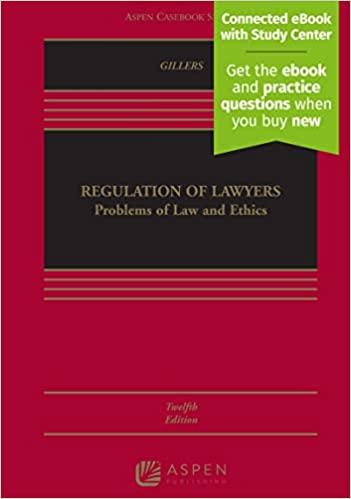Please answer questions on picture. Thank you so much
5. The story of the "Scopes Monkey Trial." the country's first legal battle over the teaching of evolution, began in April, 1925, when a Dayton businessman read an advertisement placed in a Chattanooga newspaper by the recently established American Civil Liberties Union. The ad promised legal assistance to anyone challenging the state's new Butler Law, which banned the teaching of evolution. Residents of Dayton saw the ad and believed that finding someone to test the law would bring attention to their town. Mr. Scopes, who had strong convictions around freedom of discussion in the classroom, agreed to challenge the law. Reading this portion of The New York Times July 11, 1925 front page, what can you learn about the trial, the time period, or anything else you see and can support with evidence? SCOPES JURY CHOSEN WITH DRAMATIC SPEED AFTER PRAYER OPENS PICTURESQUE TRIAL; STATE FIGHTS TESTIMONY BY SCIENTISTS Who's Who and What's What in Scopes Trial FARMERS WILL TRY TEACHER Plaintiff-The People of the State of Tennessee through their legal officers, who have the aid of volunteer outside counsel. Defendant John Thomas Scopes, 24 years old, native of Paducah, Ky., Jury Includes Ten, a teacher of biology in the Rhea County High Seng The Charge-That Scopes taught his that man descended from Schoolmaster and a n lower order of animals, in violation of a State statute forbidding such teaching. Shipping Clerk. Penalty-A fine of not less than $100 nor more than $500 for each offense. Counsel for Prosecution-William Jennings Bryan, ex-Presidential can- didate and ex-Secretary of State; General Bon Mckenzie, ex-District ONE IS UNABLE TO READ Attorney of Dayton: J. Gordon Mckenzie, his son; Bus and Herbe Hicks, young Dayton lawyers: E. T. Stewart, Circuit Attorney Ger eral; Walter White, Superintendent of Schools and County F cutor: W. C. Haggard, Dayton attorney; William Jennings Bryan Jr. None Believes in Evolution, but Counsel for Defense-Clarence Darrow of Chicago. noted criminal law- yor: John R. Neal, Knoxville, former a Darrow Says He Did Not Ex- acting Dean of the University of Tennessee Law School: Dudley Field Malone, New York attorney. pect to Find Any Who Did. -w. Robertson, tenant fa at farmer; J. Dagley, farmer: James Riley, farmer: W. J. Taylor, farmer; R. and teacher; J. R. Th . R. Thompson, farm owner fret L. Gentry, farmer farmer; W. J. Day. reth owner (retired) : W. D. Smith. y, retired farmer: Jesse Goodrie NEW INDICTMENT IS VOTED a Goodrich, shipping clerk: J. B. Wright, farmer; J. H. Bowman, farmer: R. L. West, farmer. Trial before Judge J. T. Raulston of Winchester, Penn., Judge of the Eighteenth Tennessee Circuit, in Rhea County Court House, Dayton. Grand Jurors Act, Because of The Law In the Case. Legal Technicality, After He it enacted by the General Assembly of the State of Tennessee, That Genesis is Read to Them. It shall be unlawful for any teacher in any of the universities. normals and all other public schools of the State w Late which are sup- ported in whole or in part by the public school funds of the State. teach any theory that denies the story of the of the Divine creation of Special to The New York Times. DAYTON, Tenn., July 10.-The jury of man as the in the Bible, and to teach instead that man has twelve men who will try John Thomas led from a lower order of animals. Scopes for the teaching of evolution was Be it further enacted, That any teacher found guilty of the violation of this act, shall be guilty of chosen within a few hours at the oper misdemeanor. Ing of the trial today and the question further enacted, That this act take effect from and after its pas- of admitting the testimony of scientists sage, the public welfare requiring it. and biblical scholars was brought The defense e tends that there are competent nesses for both sides and the prosecution EUROPE IS AMAZED CRANKS AND FREAKS es that he will fight the admis- ion of such evidence to the utmost. ore the selection of the trial BY THE SCOPES CASE FLOCK TO DAYTON Plaining s was reindicted. the Judge ment returned May 25 was considered of doubtful le- Part of the front page of The New York Times on July 11, 1925







